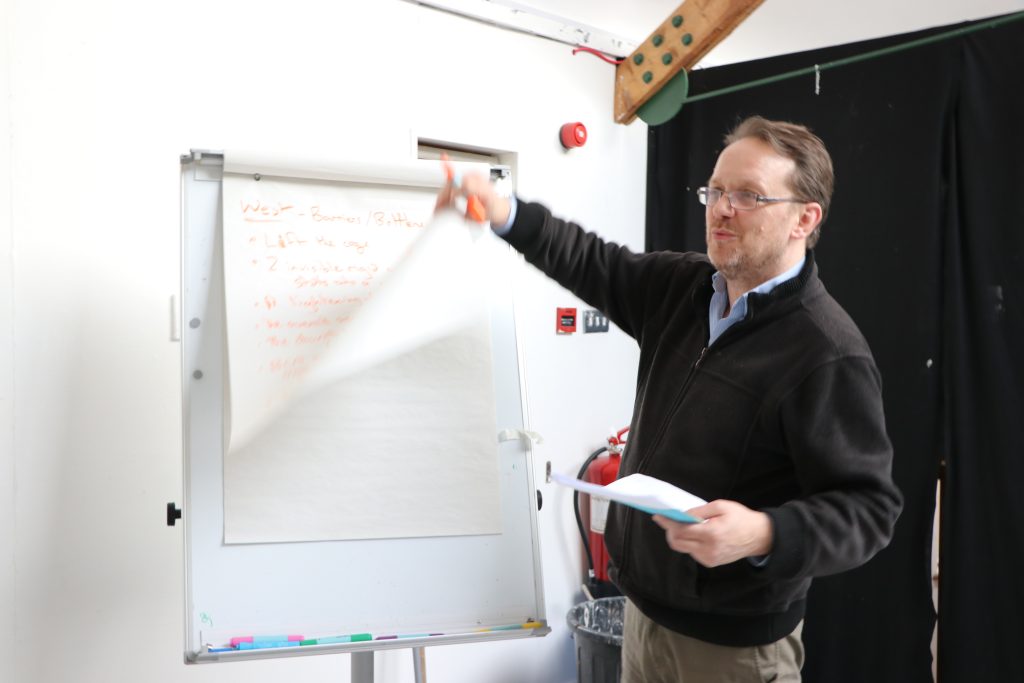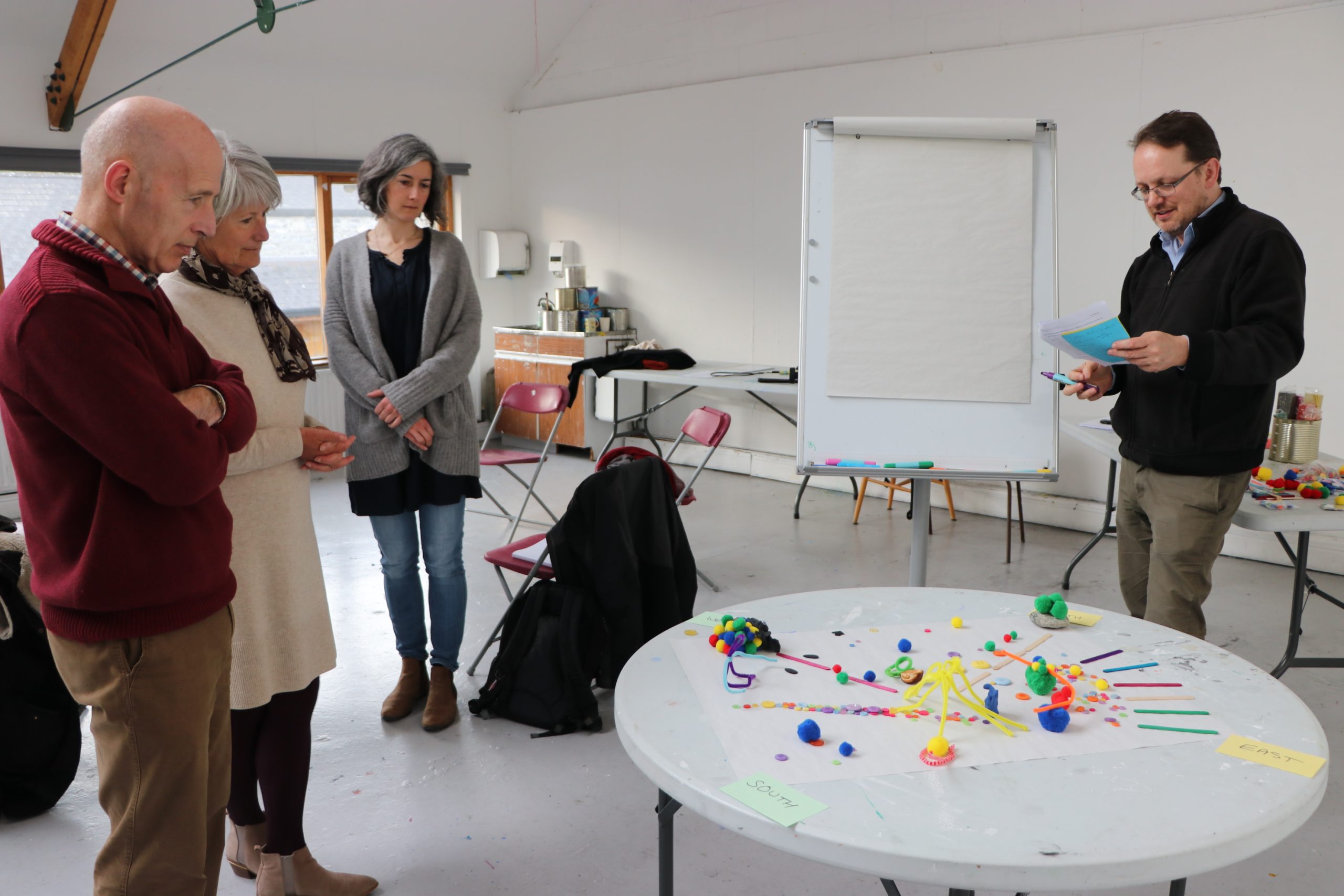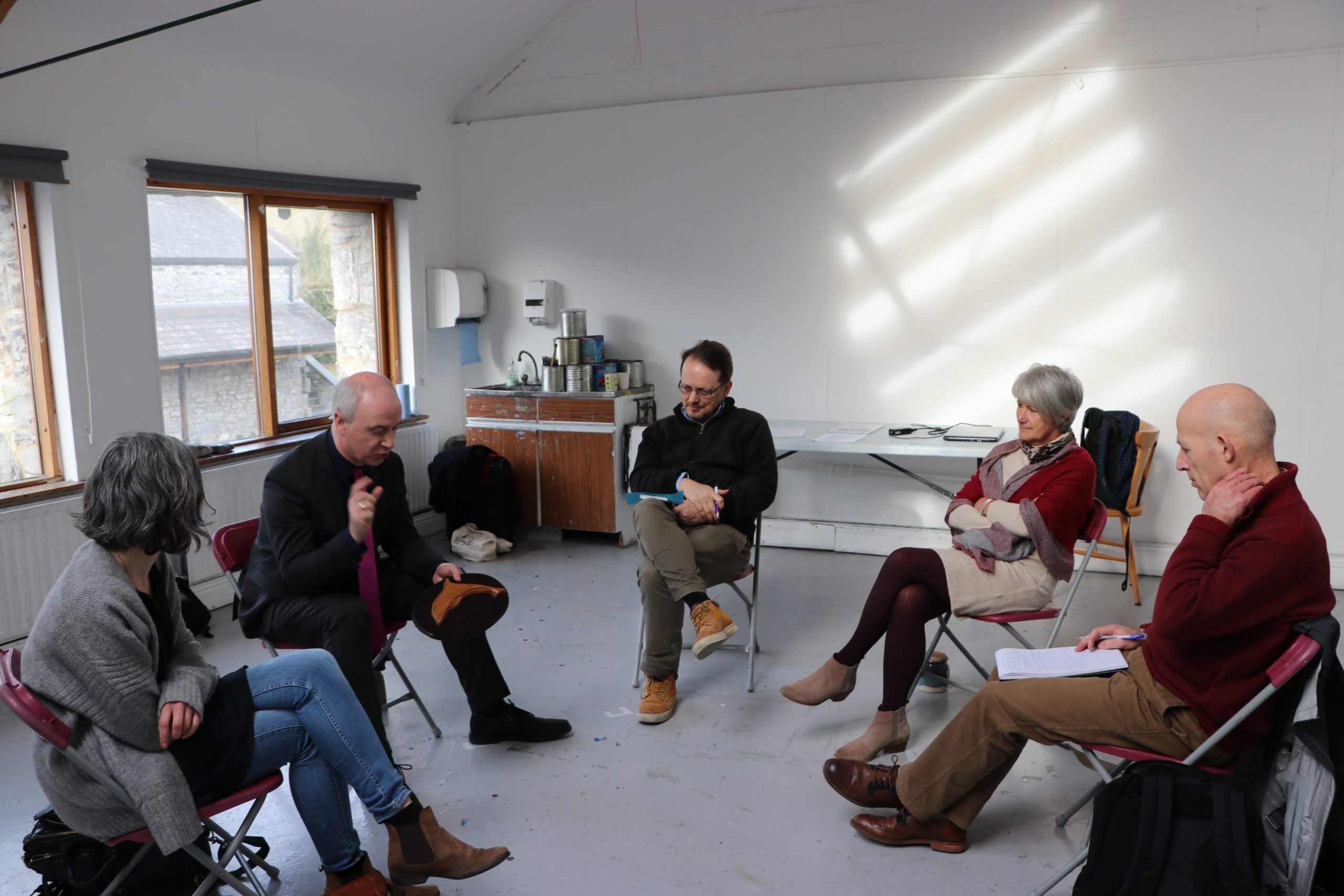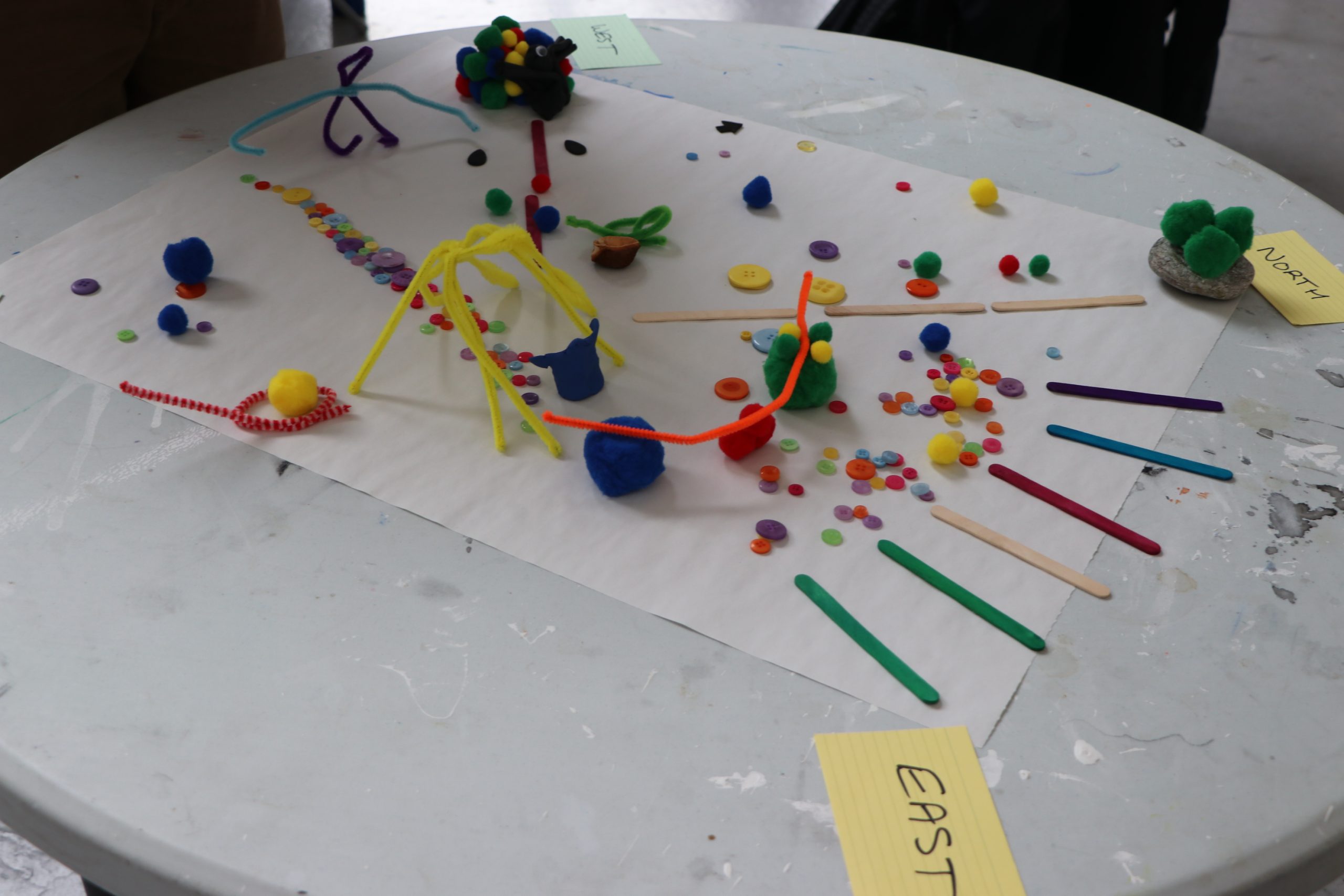Background to the Convention on Education
The original idea was for a Citizens Assembly on the Future of Education (CAFÉ). This was conceived at the 2018 Symposium ‘Towards a More Creative Education System’ hosted by the Burren College of Art (BCA) and was inspired by the former deputy general secretary of the INTO Catherine Byrne. A commitment to such an assembly was included in the 2020 Programme for Government and later crystallised in the 2025 Programme for Government as a commitment to holding a Convention on Education. This language recalls the first such convention held in 1993 though the ambition on this occasion was to have the largest national conversation on education in the history of the state.

This initiative, like the proposal for a local-area school community engagement process called BEACONS proposed by the then head of the Teaching Council, Tomás Ó Ruairc, was responding to the nature of the times we are in – an era characterised by increasing Volatility, Uncertainty, Complexity and Ambiguity (VUCA) – when the traditional ways of negotiating change no longer suffice.
The impulse for BCA to catalyse this work derived from its belief that, in the words of Joseph Beuys, ‘Everyone is an Artist’, in the sense that everyone has the capacity to be creative in everything they do. In a time of disruptive change when ‘business as usual’ is no longer an option, the practices that enable artists to navigate creative challenges are precisely the capacities that are needed in wider society. It also seemed compelling that an education institution dedicated to creativity was a credible partner for the wider education system at this time.
The Worldwide Context of Education
– Enabling a Paradigm Shift

Recognizing that education has to adapt to a changing world, the OECD has been leading with its Education 2030 agenda which places the focus on student agency. Its more recent work has addressed the area of Social and Emotional Learning (SEL) recognizing that the traditional model of education with its emphasis on knowledge transfer, needs to be complemented by the development of the inner skills of learners. A similar realization has led to the launch of the IDGs (Inner Development Goals) recognizing that the attainment of the SDGs is unlikely to be attained without a significant shift in inner development.
The OECD’s attention has now turned to a Conceptual Framework for a High Performing Model of Tomorrow setting the stage for a paradigm shift in how we imagine education for human flourishing in an AI world. In this framework, published in December 2023, adaptive problem-solving, ethical decision-making and aesthetic perception are suggested as three foundational competencies in education for human flourishing designed to equip people both to find their purpose and to fulfill it over the course of their lives.
UNESCO, the UN agency tasked with forging cooperation on education, arts and sciences has launched a Futures of Education initiative with an ambition to “rethink education and shape the future” by “catalysing a global debate on how knowledge, education and learning need to be reimagined in a world of increasing complexity, uncertainty and precarity.”
Meanwhile, at home, the new Junior Cycle is being embedded, proposals for the reform of the Senior Cycle have been launched, a new Primary curriculum is in preparation and a new Department of Further and Higher Education Research Innovation and Science was established in 2020. There is an ambition to make Ireland a leader in STEM education in Europe.
Against the backdrop of the disruptive changes happening in the wider world and notwithstanding that Ireland’s education system is performing well by current standards such as are captured by PISA assessments, the Government accepted the case for a national conversation to look to the future needs of Irish education. As noted above, the idea of a Convention on Education – ‘the largest national conversation on education in the State’s history’- replaced the citizens assembly idea following change of government.

A Once-in-a-Lifetime Opportunity
The Programme for Government states:
‘This Government will hold a convention bringing together all stakeholders in education.’
It further affirms that:
‘The wellbeing of children and young people is paramount’.
Experience of the 2018 symposium and the BEACONS processes all point to the power of the voice of young people to transform the conversation. This echoes the sentiments of MIT’s Otto Scharmer in his video address to the 2018 symposium: ‘We need to put the learner in the driving seat of profound societal change’.
The magnitude of the opportunity afforded by the current time was nicely captured by the then Minister for Education in her video remarks to the May 2022 symposium, when she observed that there was a:
“Once -in-a-lifetime opportunity to reimagine education and to consider Ireland’s education needs.”

Convention on education – A standing post, not a destination
It is important to recognize that education change is an ongoing journey. In this context the Convention on Education can be seen not as an end in itself but as a staging post on the journey of change that can catalyse and impart transformational momentum to that process. The idea of a journey also serves as a reminder that education is about life-long learning and that much learning occurs in many contexts outside the formal education settings of industrial-age conception. This reality becomes even more compelling given the opportunities (and challenges) afforded to education by advances in information technology and, in particular, by generative AI.
The challenge for now is to clarify the desired direction of travel in education and create an unstoppable momentum to sustain the journey of change to the next horizon. Meanwhile we must keep the lights on in the current system, while remembering that this is a whole of society endeavour – ‘we’re all in this together’.
Recognizing the challenge of change in a system as vast, complex and socially embedded as education, the following materials are offered as resources that will hopefully shed light on aspects of education viewed as a system. Firstly, some overarching learnings from helping to progress initiatives over seven years from inception at the 2018 Symposium to their current state of development are captured in the reflections document ‘Supporting Conversations in Education’.
The materials shared below start with the consultations that preceded the 2018 Symposium that gave rise to the Convention idea. This is followed by reports of the 2018 and subsequent symposia and creative engagements with actors across the system about the change that is sought – our highest aspirations for what education can be – as well as how this change might be enabled.
2018 Burren Symposium
The Symposium Experience – Video
‘Towards a More Creative Education System’
Prototypes from the Symposium – including CAFÉ
‘Voices from the Field’: Pre-Symposium Consultations
Preparation for CAFE / National Convention on Education
March 2021: Views from Initial Teacher Education and Early Years
May 2022: Burren Symposium: CAFÉ Questions & Process
March 2023: Workshop in Larkin College: The Voice of the Young
November 2023: Views from NAPD National Conference
Dec 2023: Views from IPPN National Conference
Useful Links
OECD Research Papers:
(i) Learning Compass – Education 2030
(ii) Social & Emotional Learning
(iii) High Performing Systems for Tomorrow – Conceptual Framework 2023
(iv) Roadmap for Scaling Local School-Community Engagement Process in Ireland.

